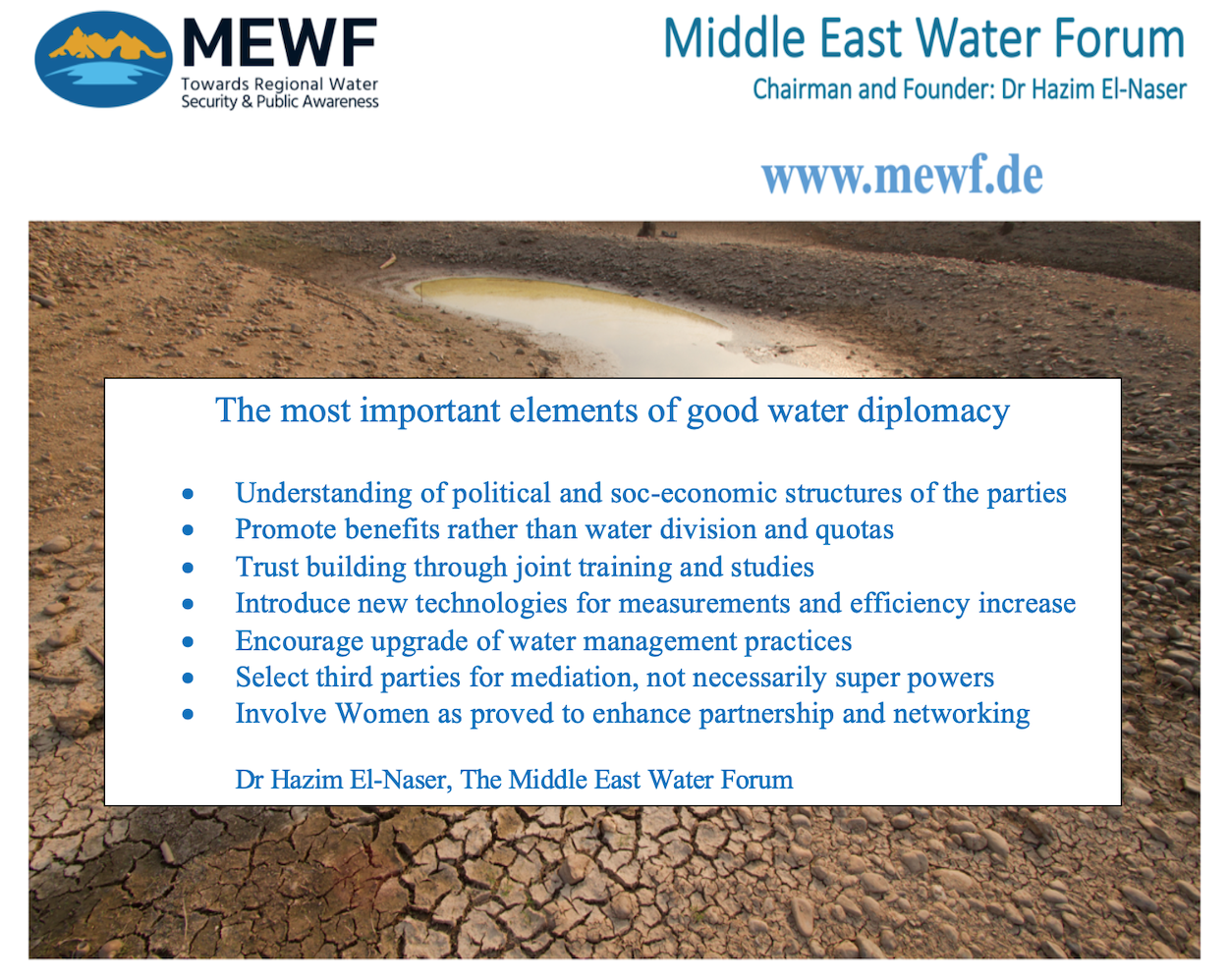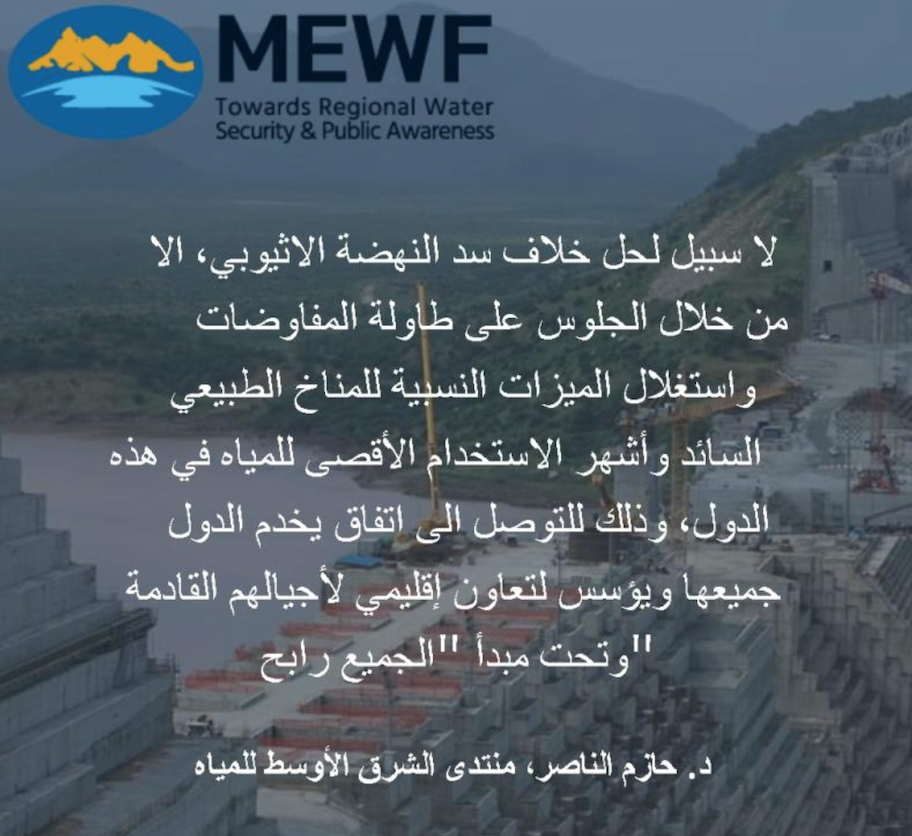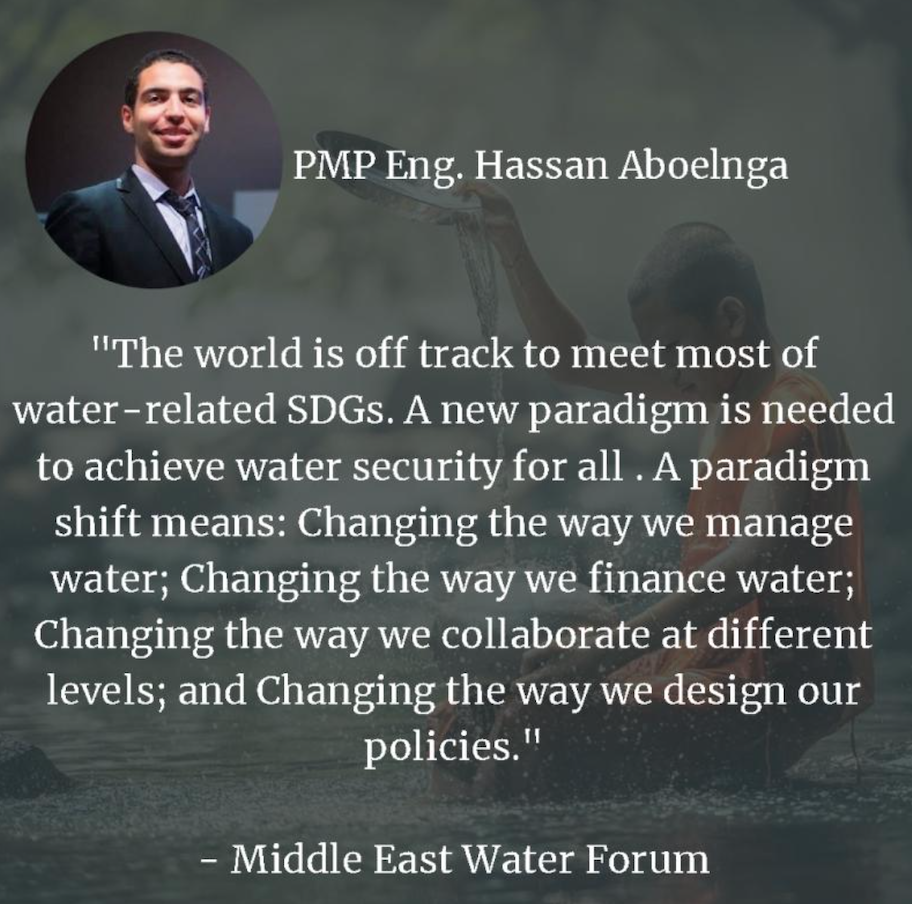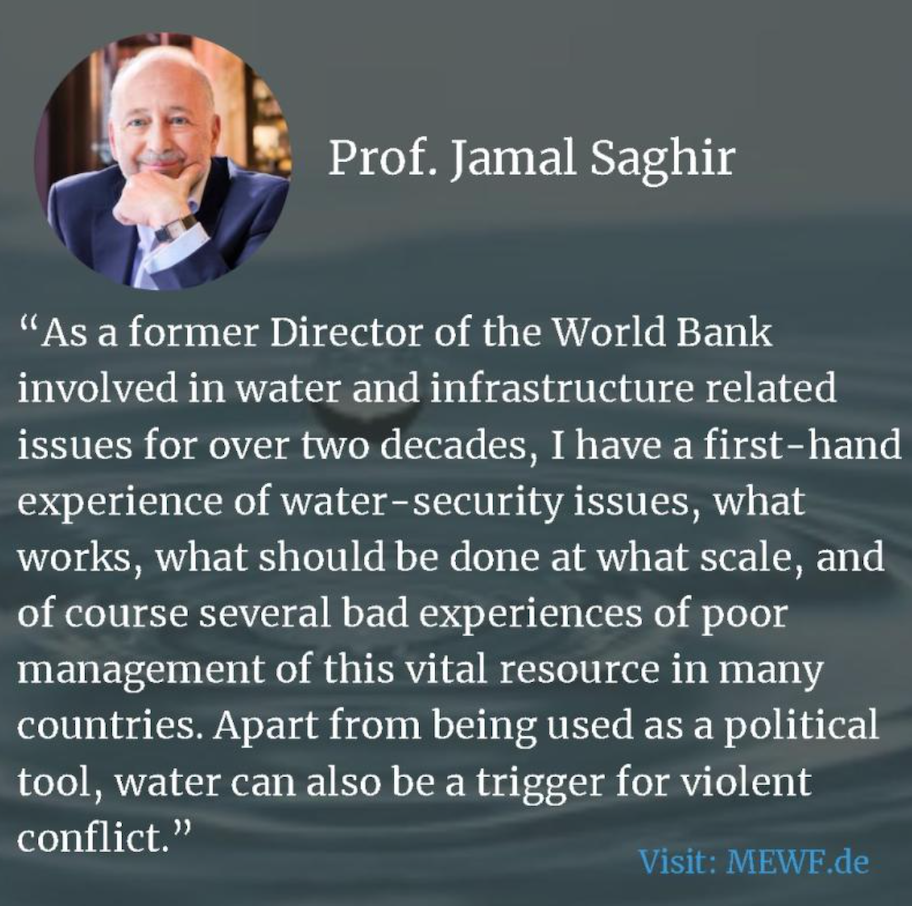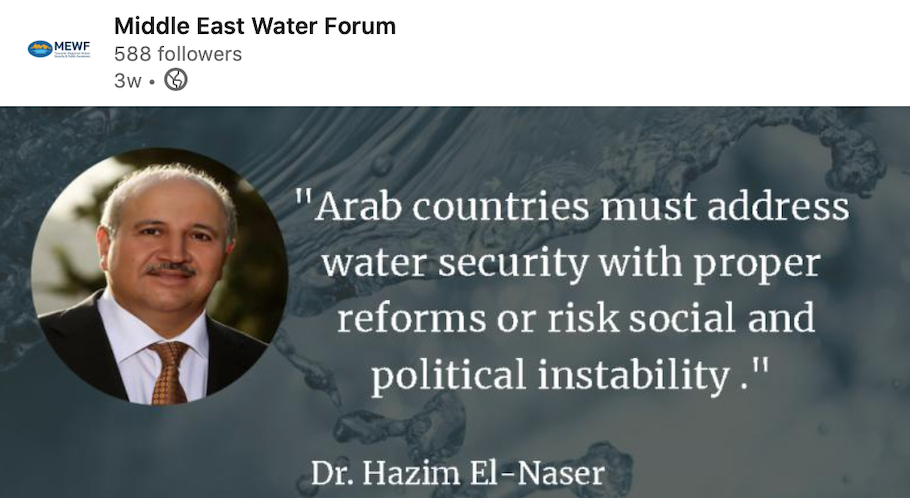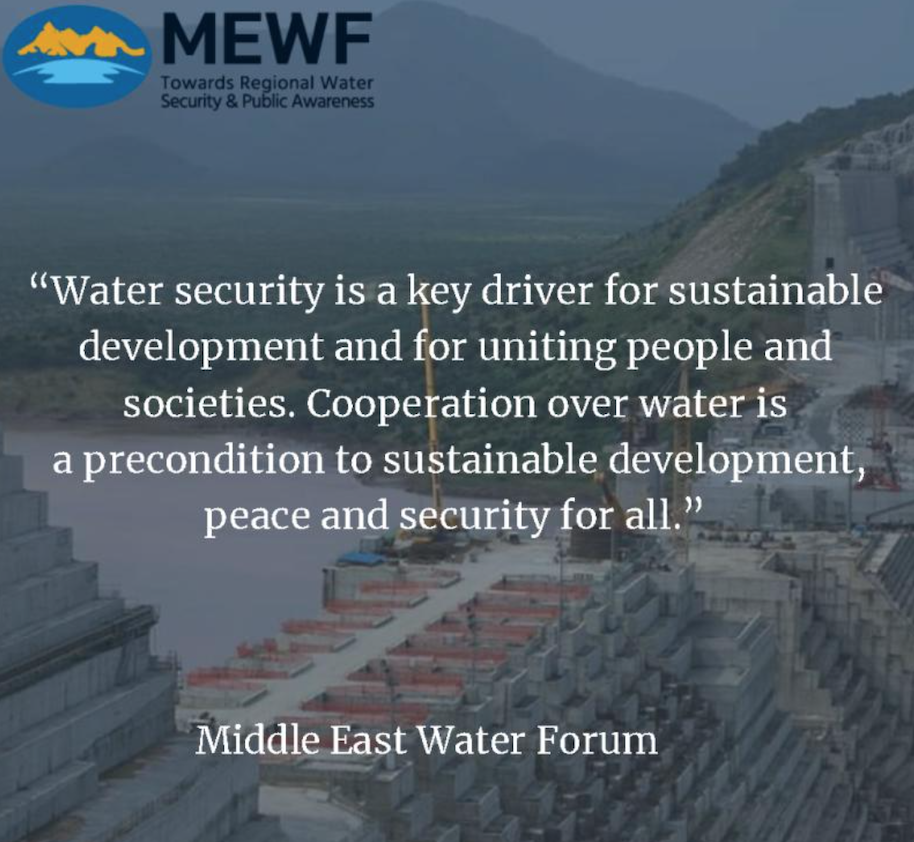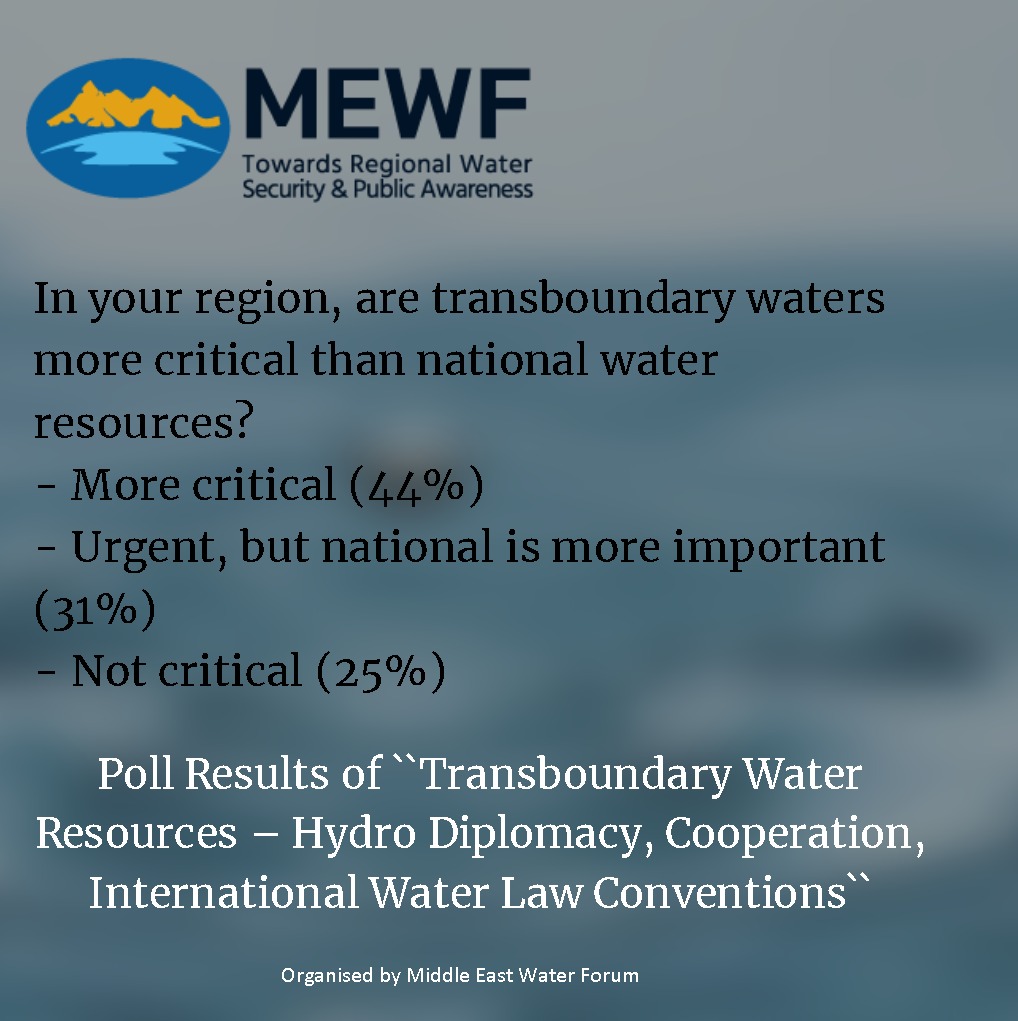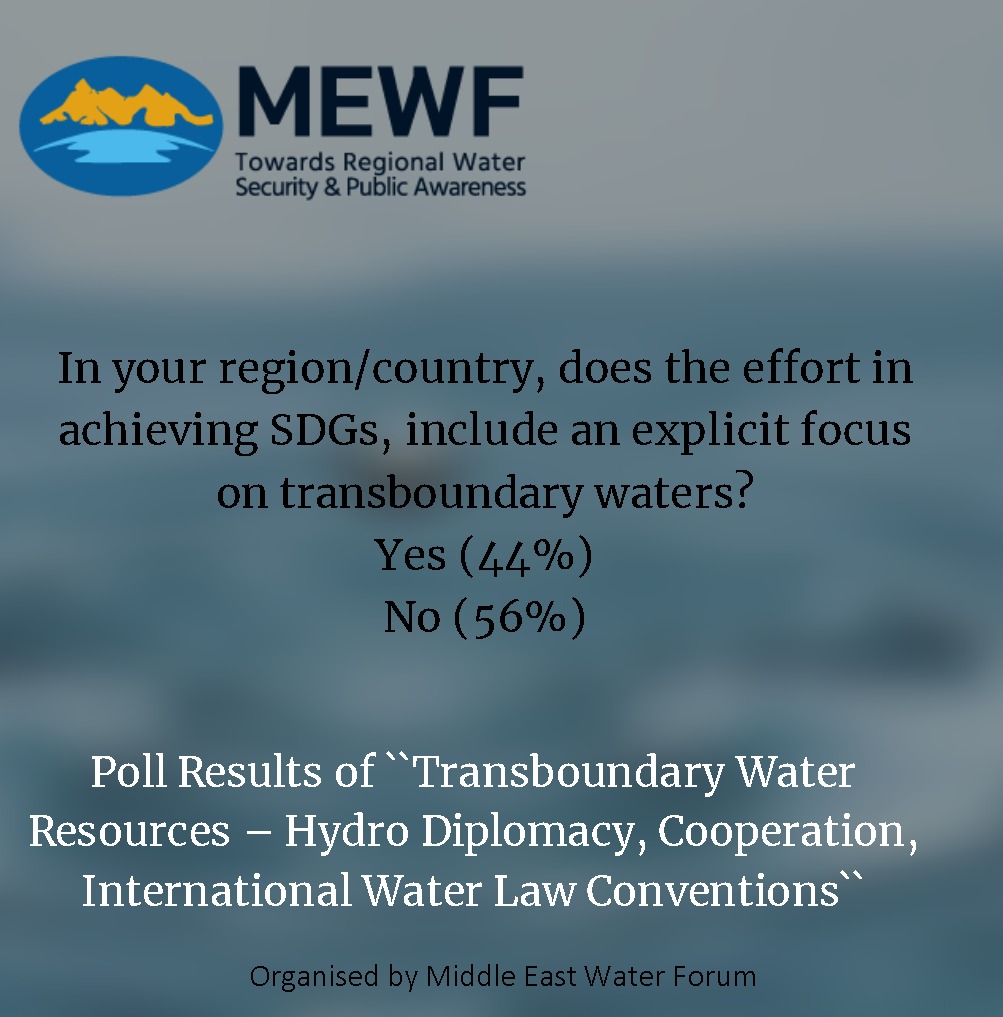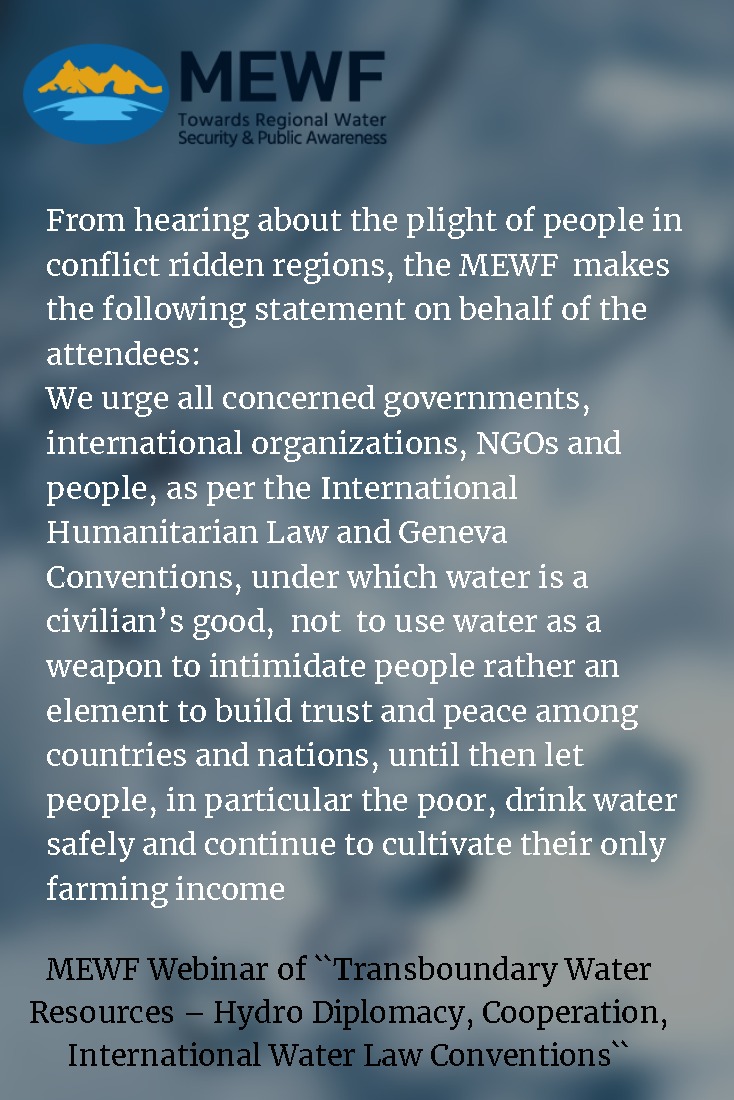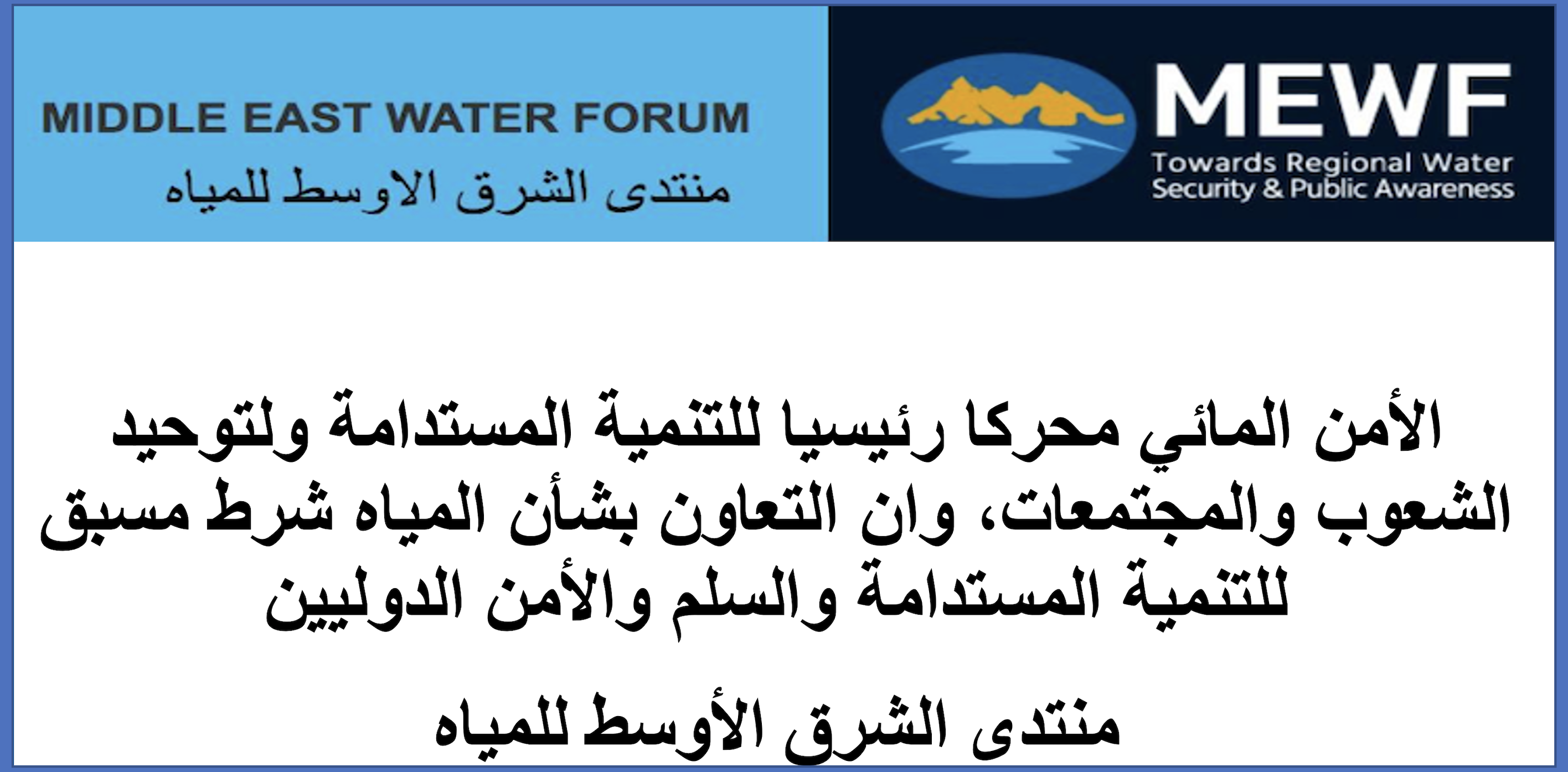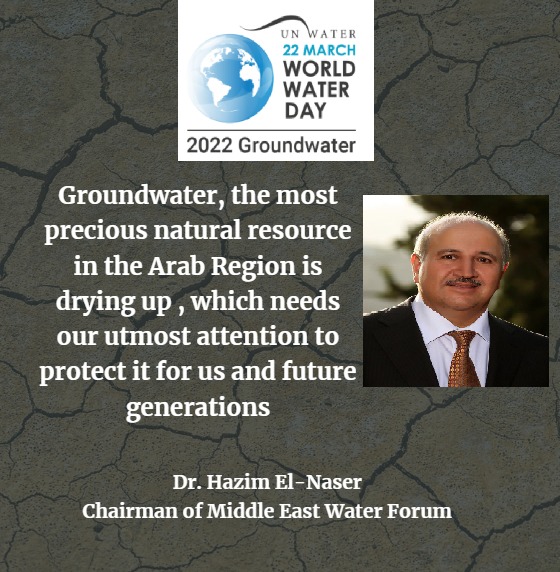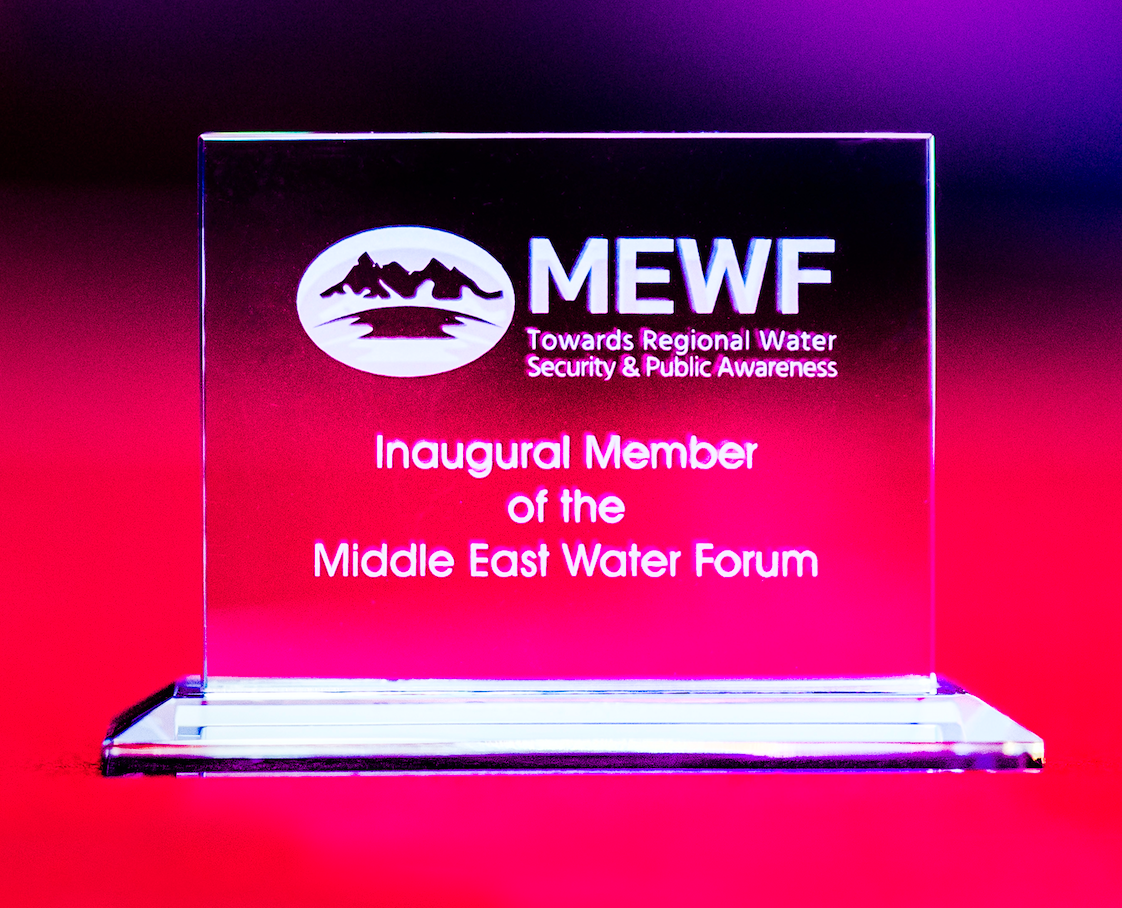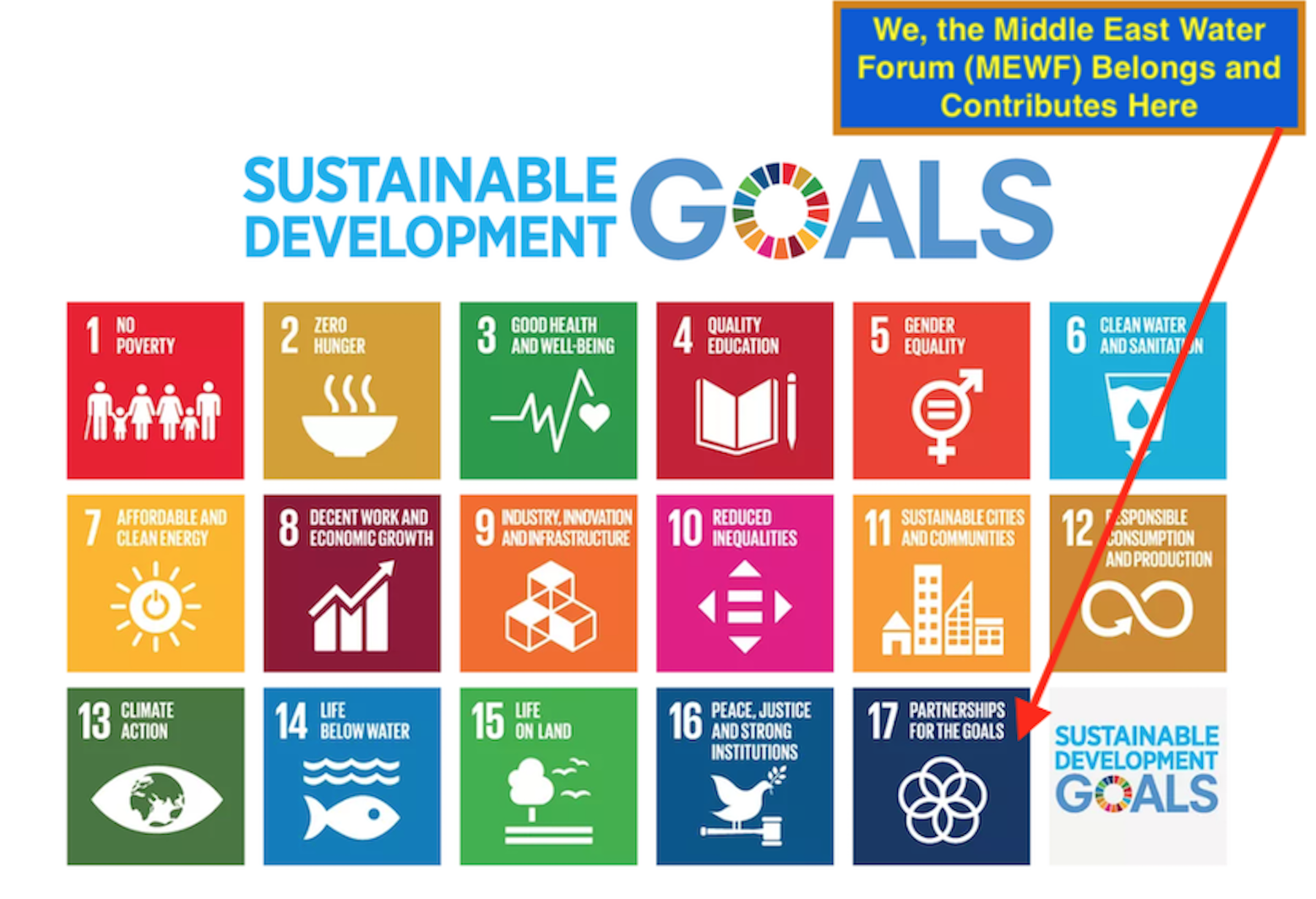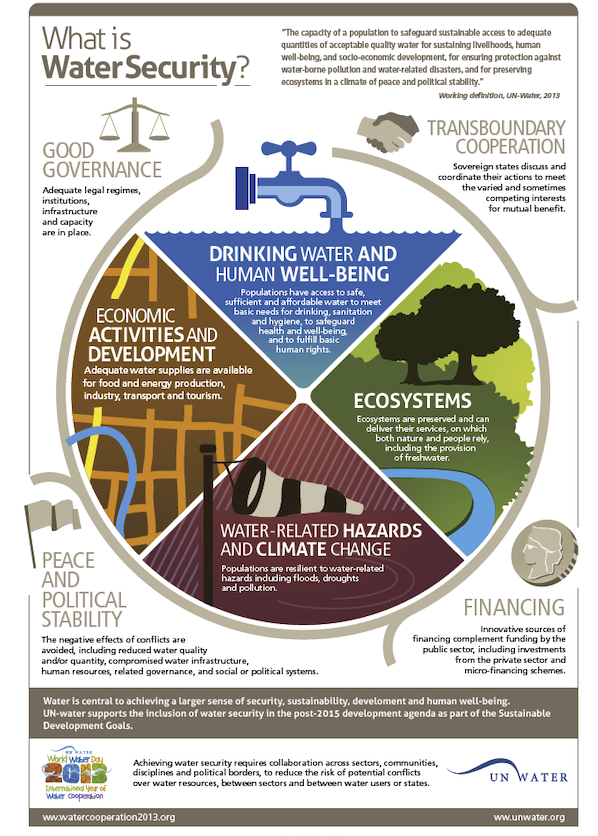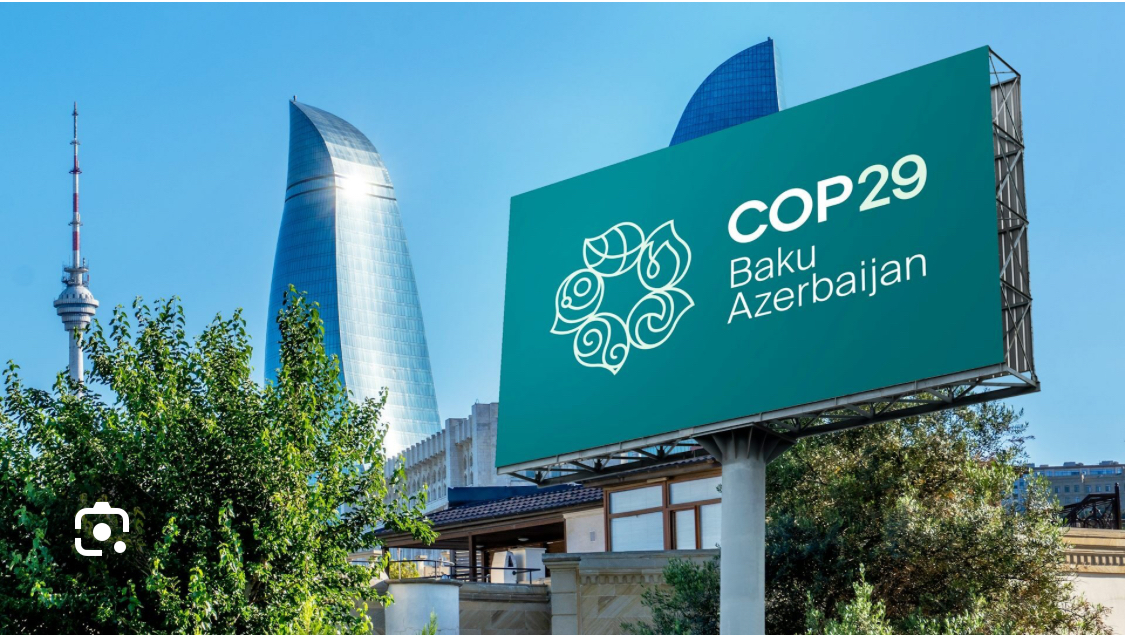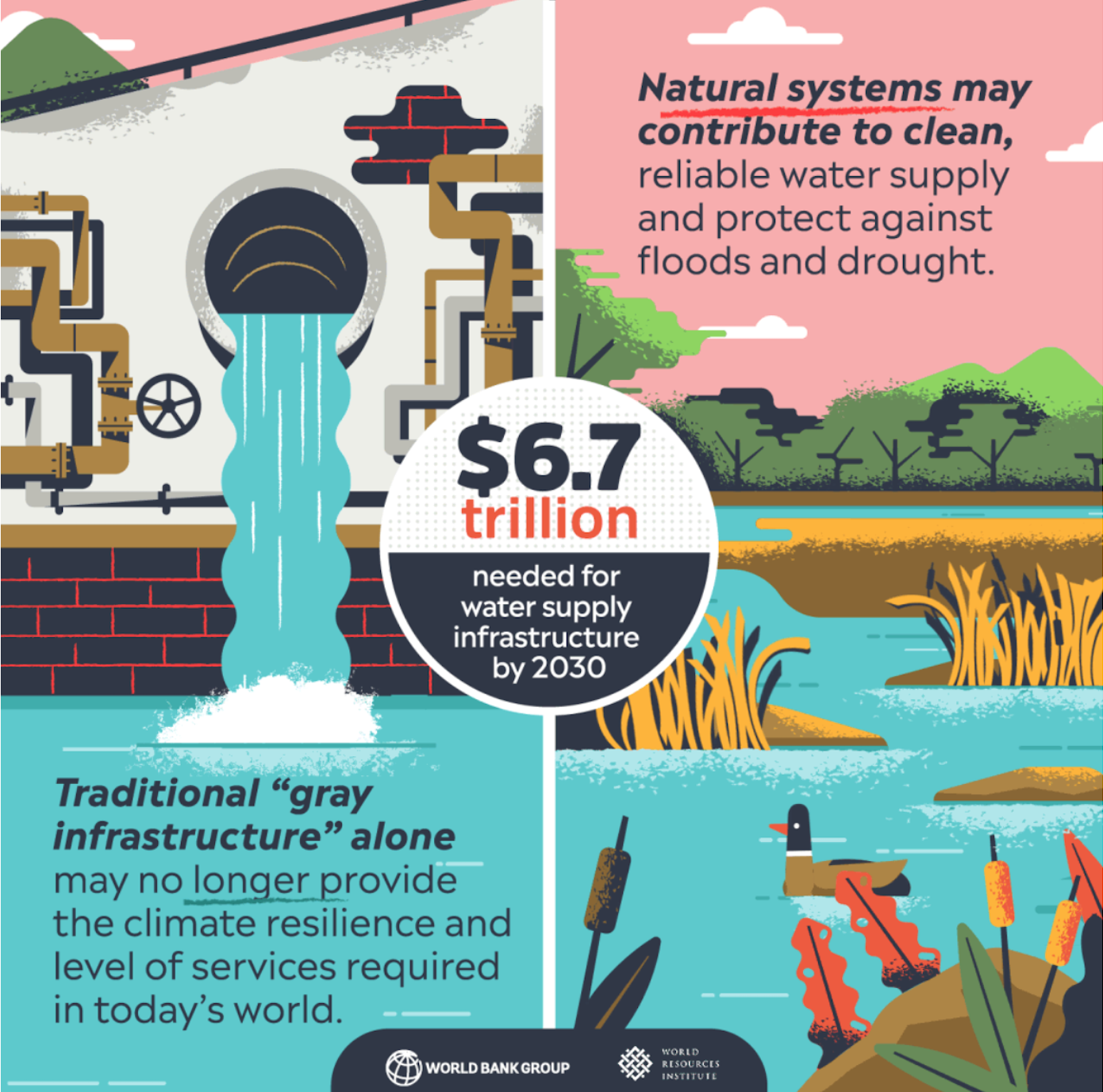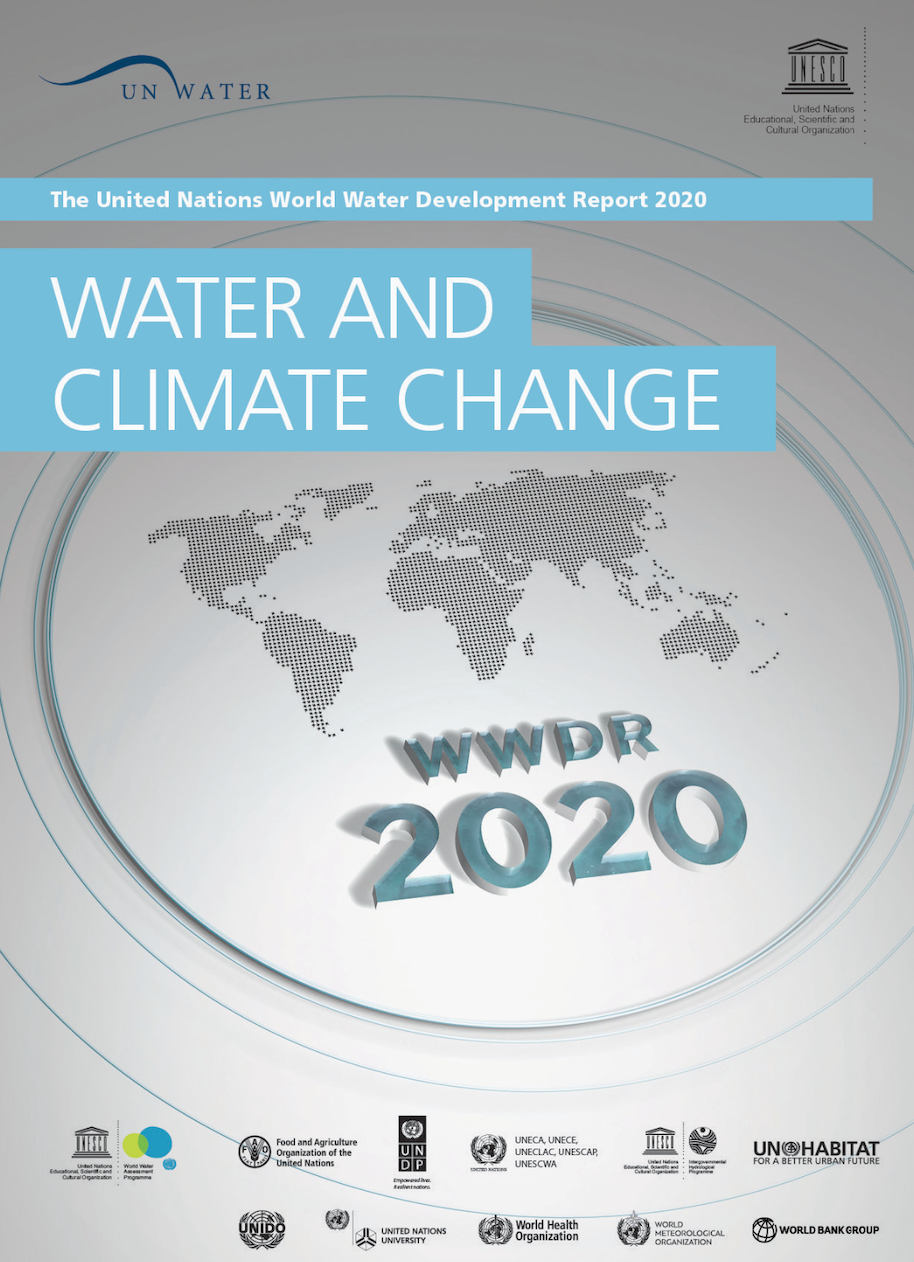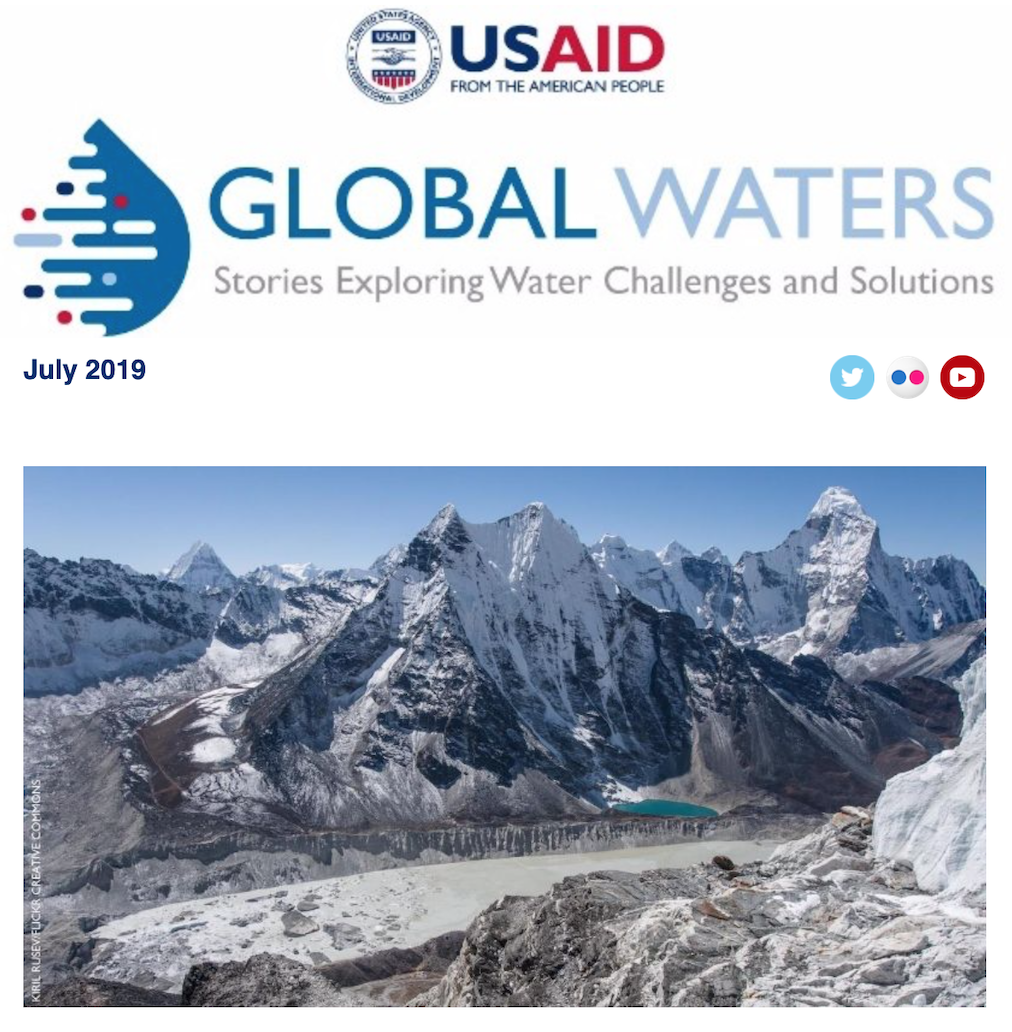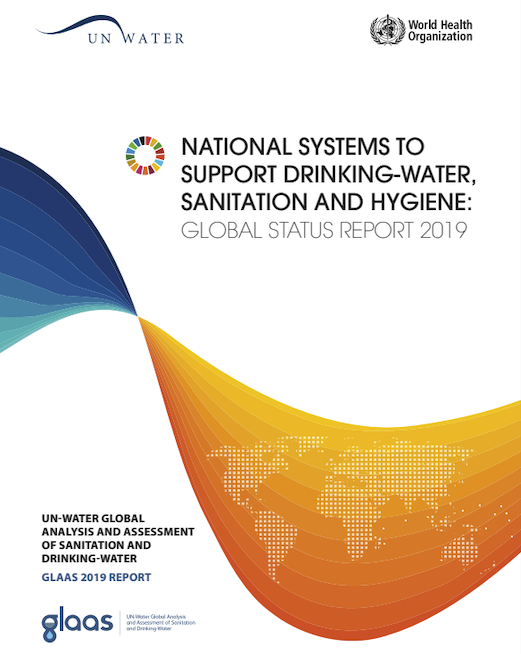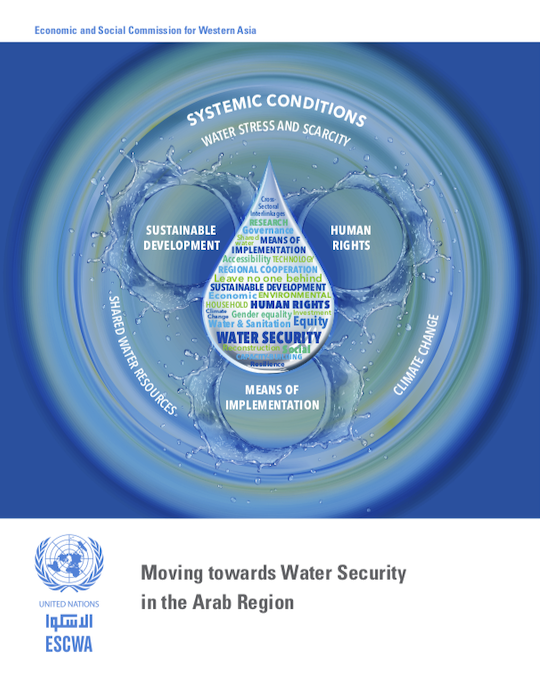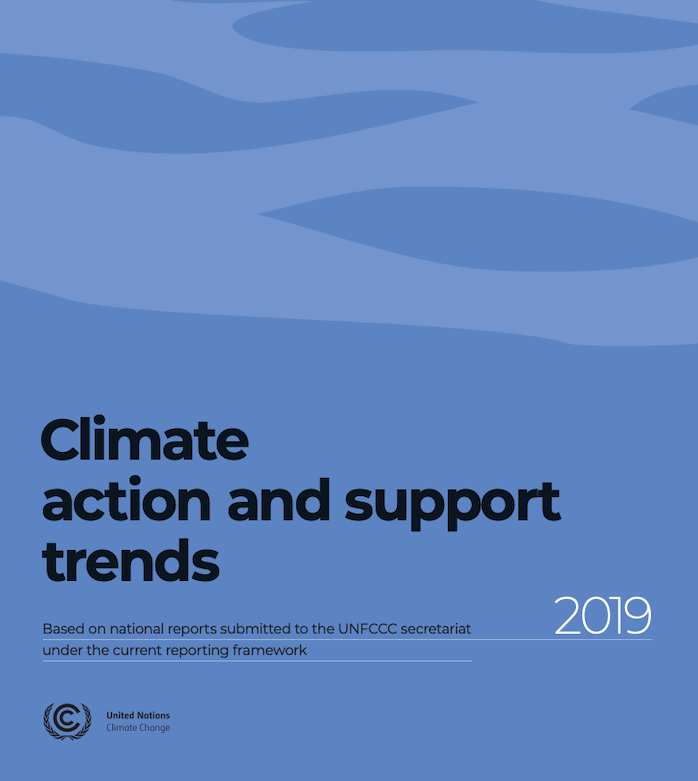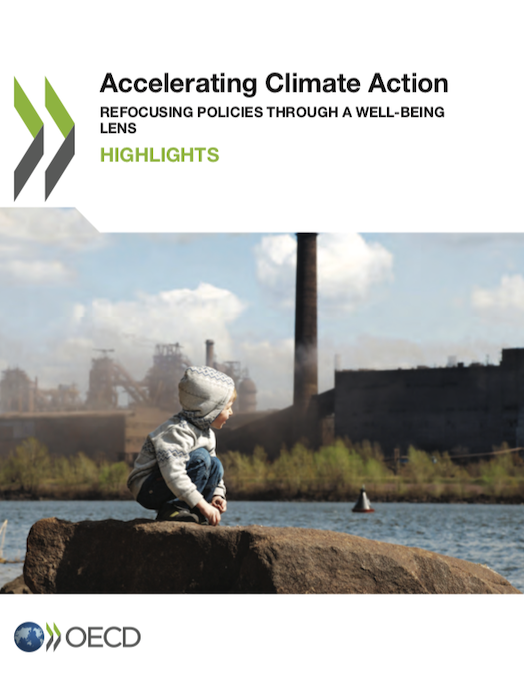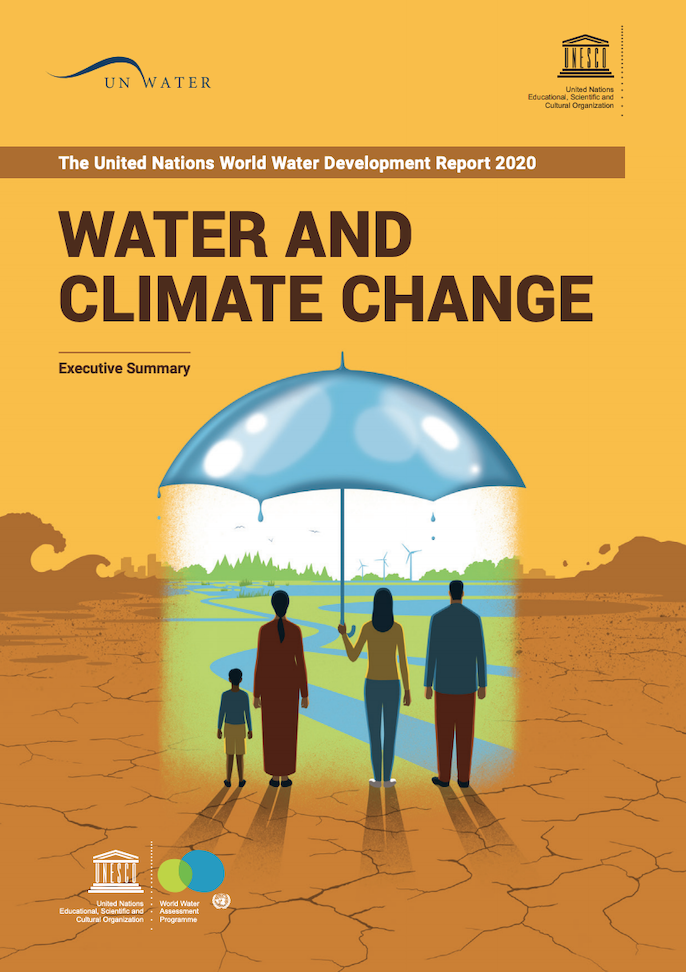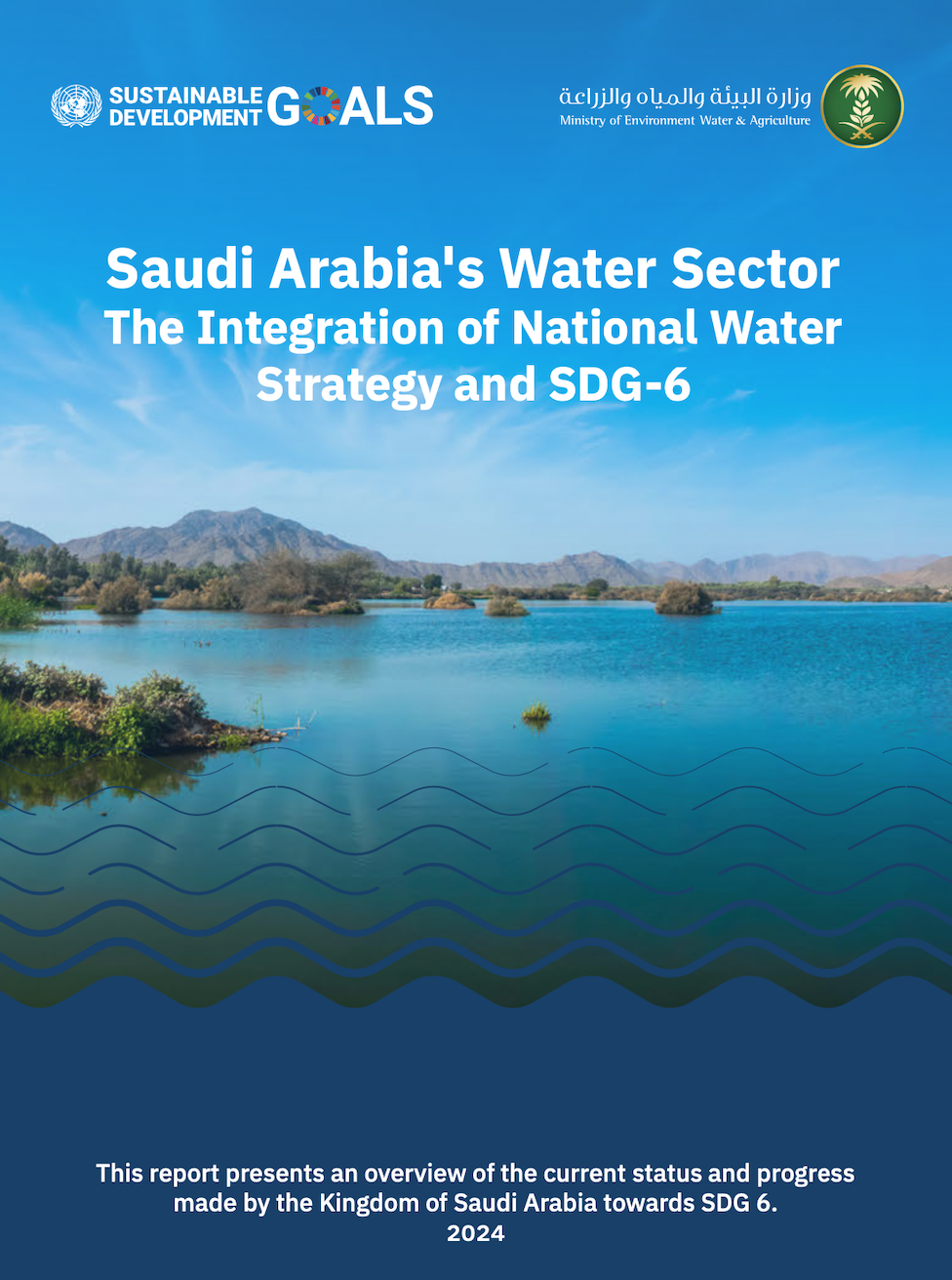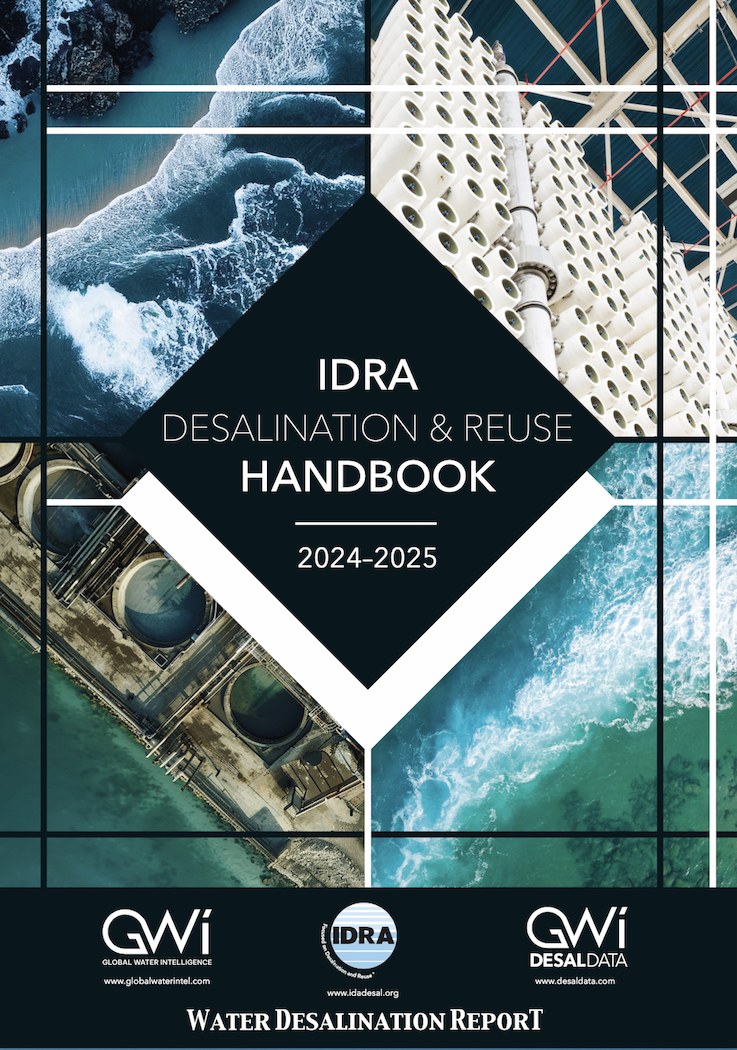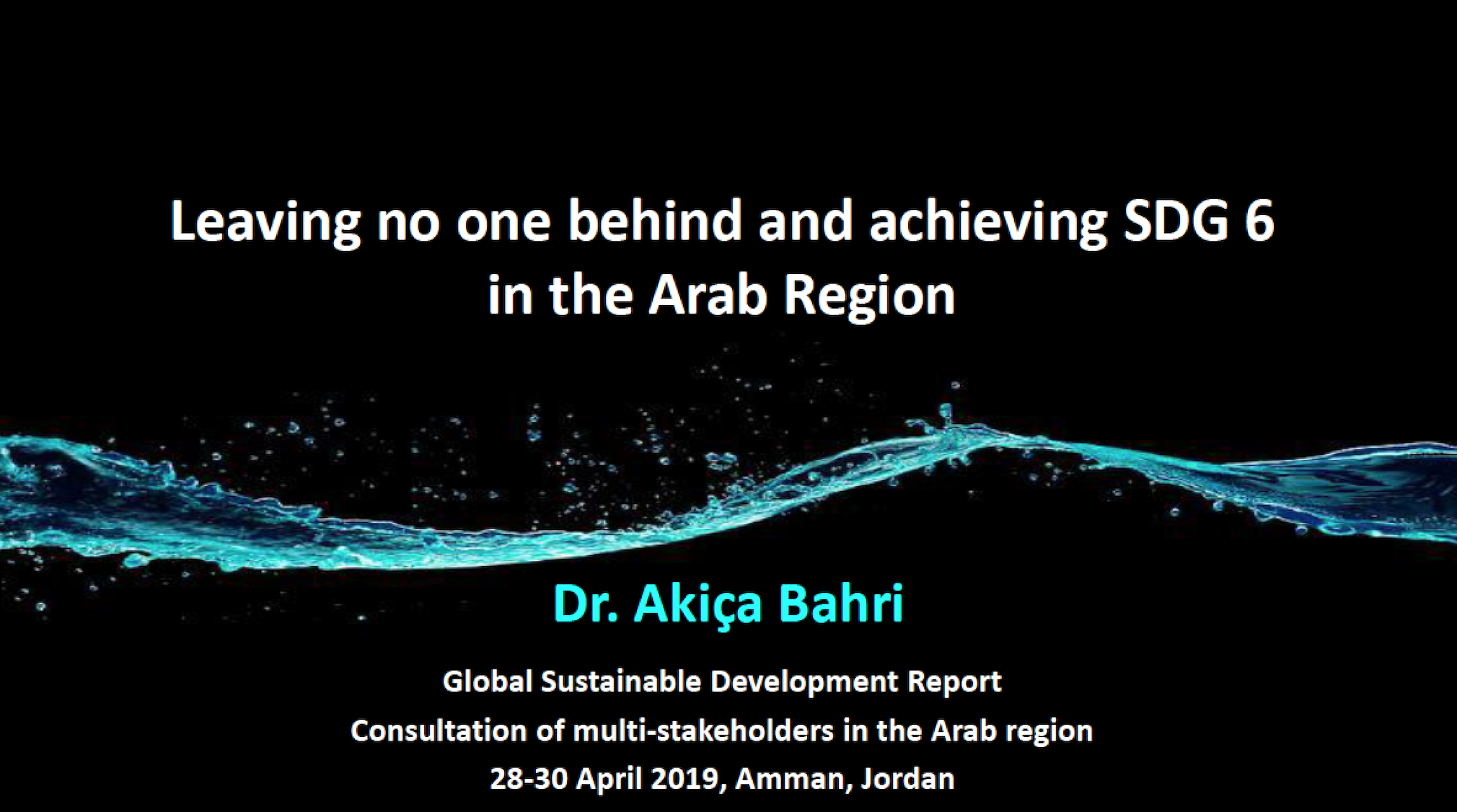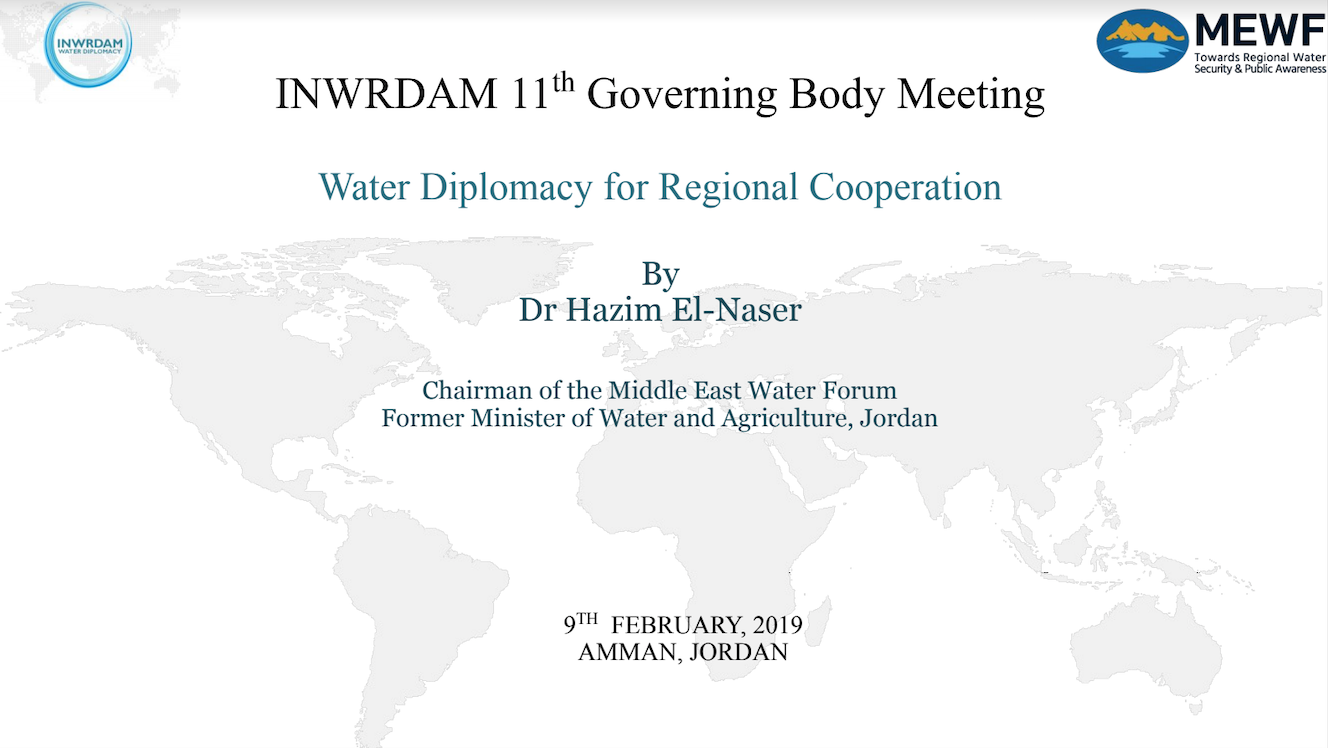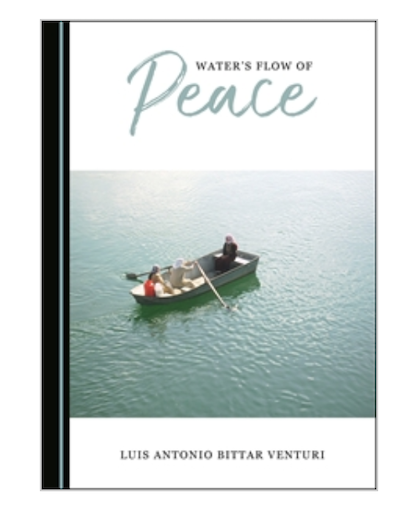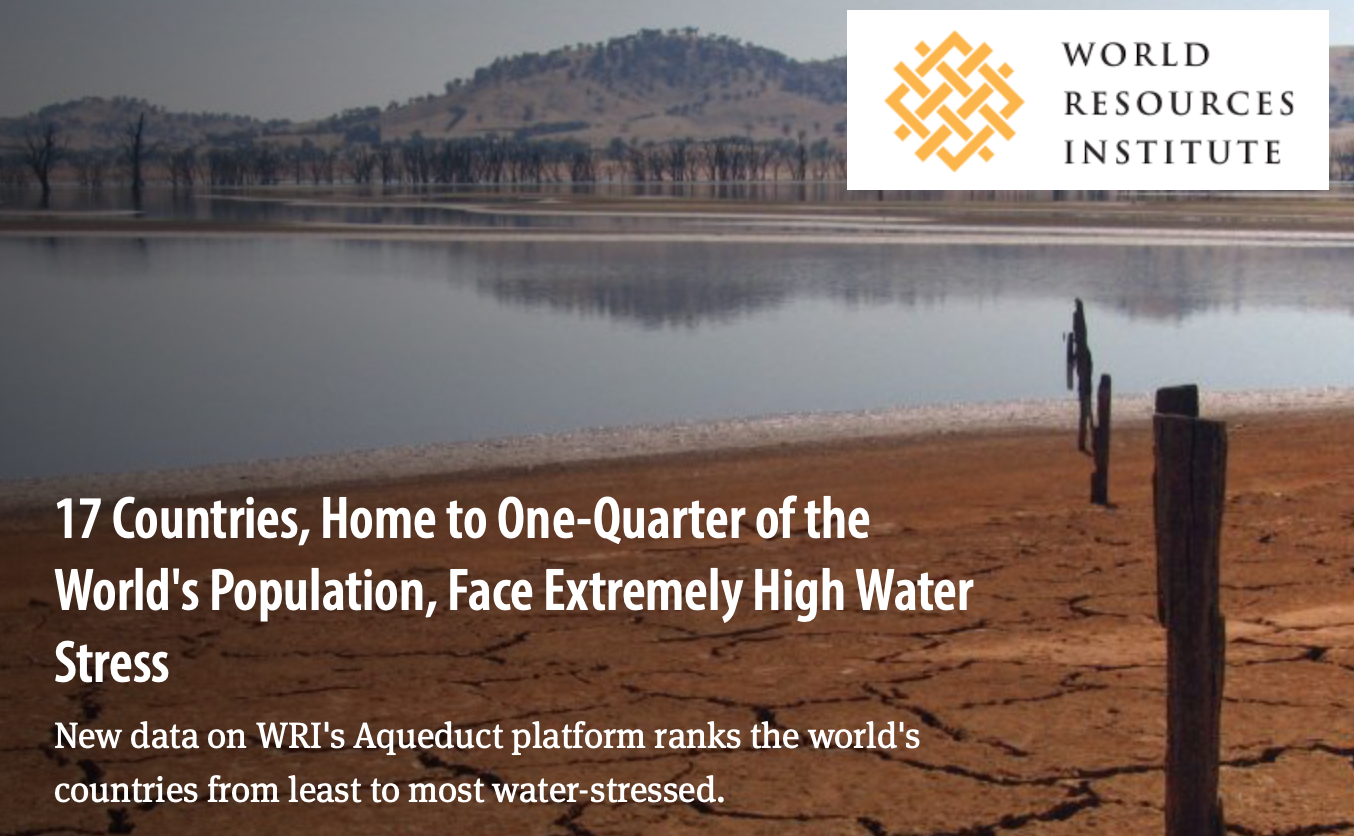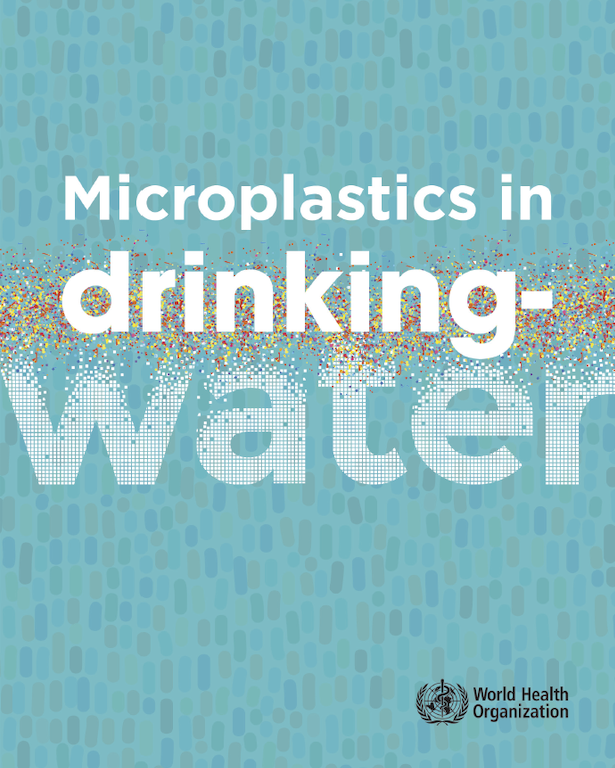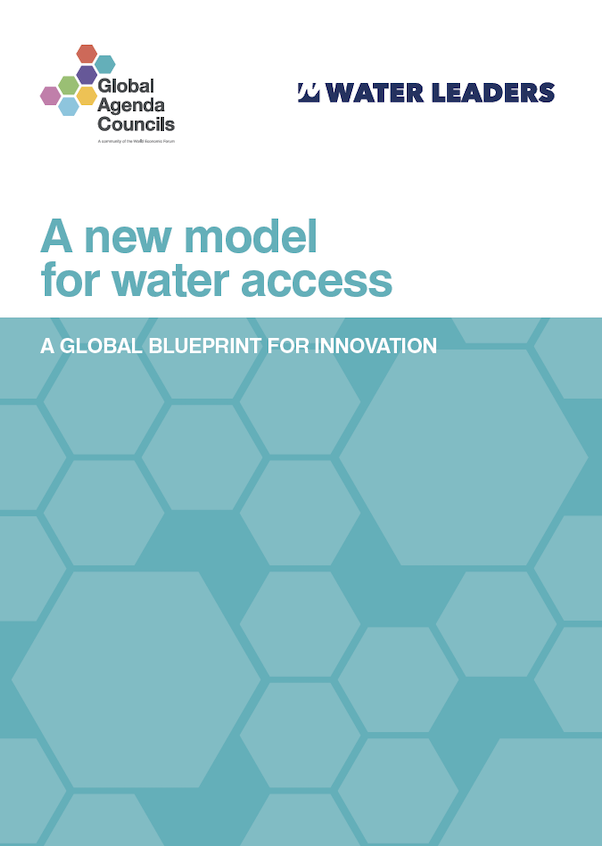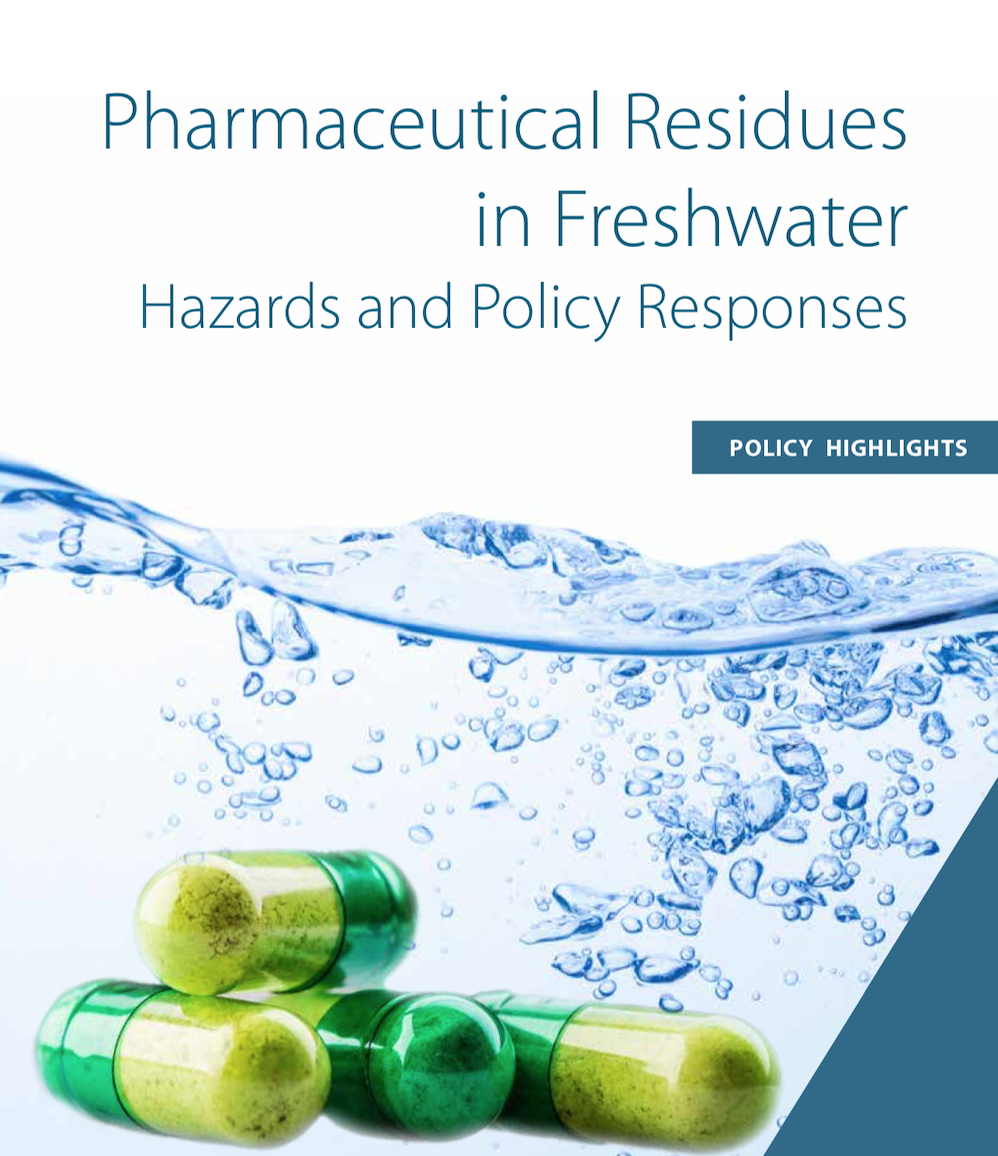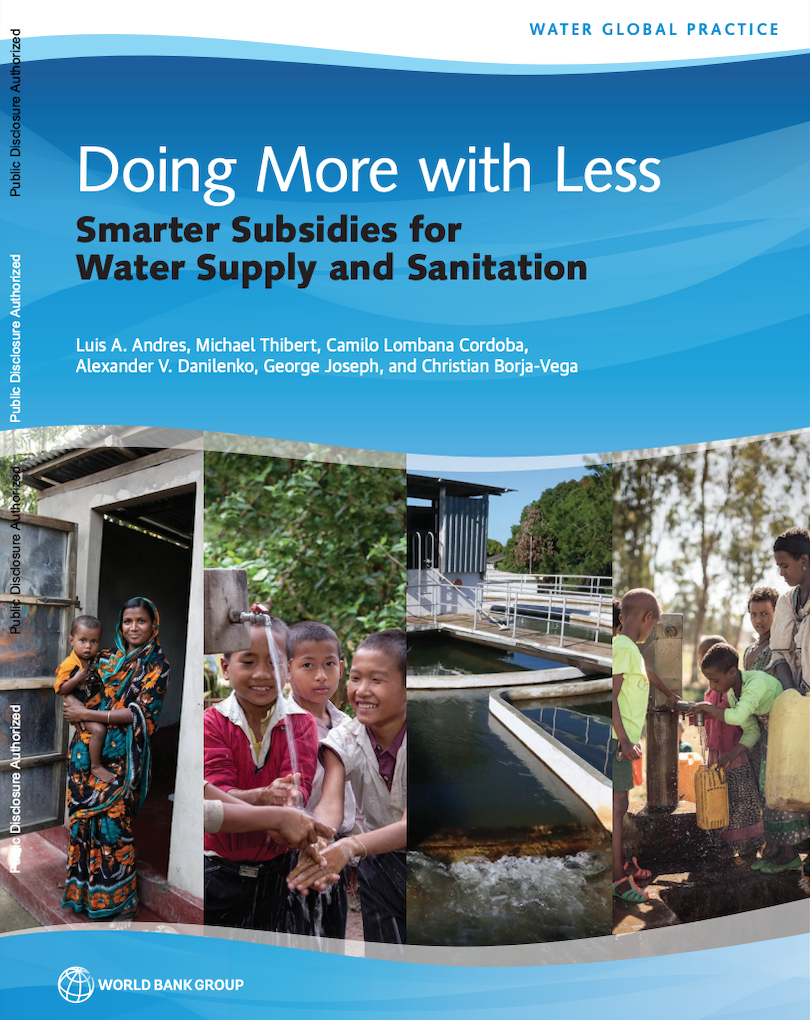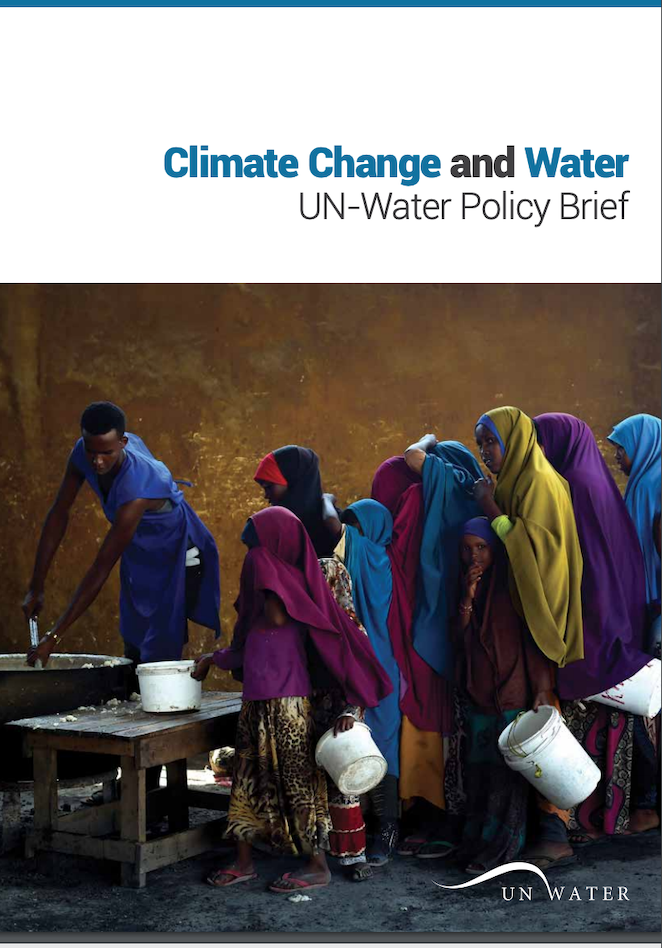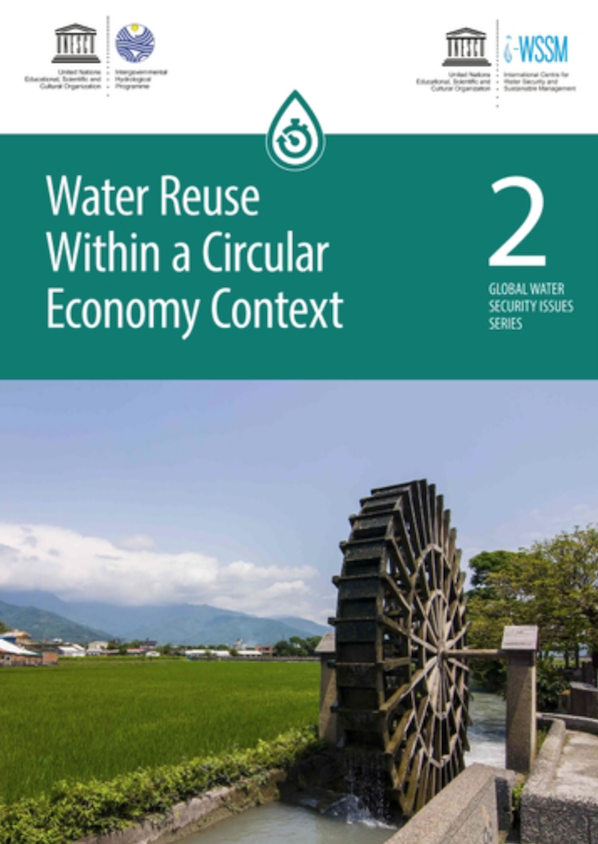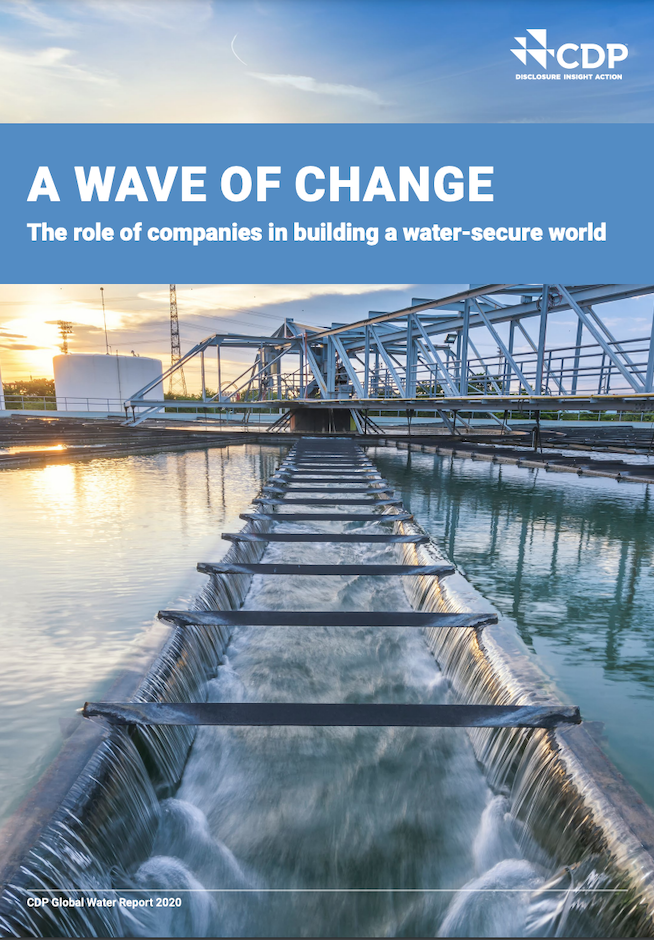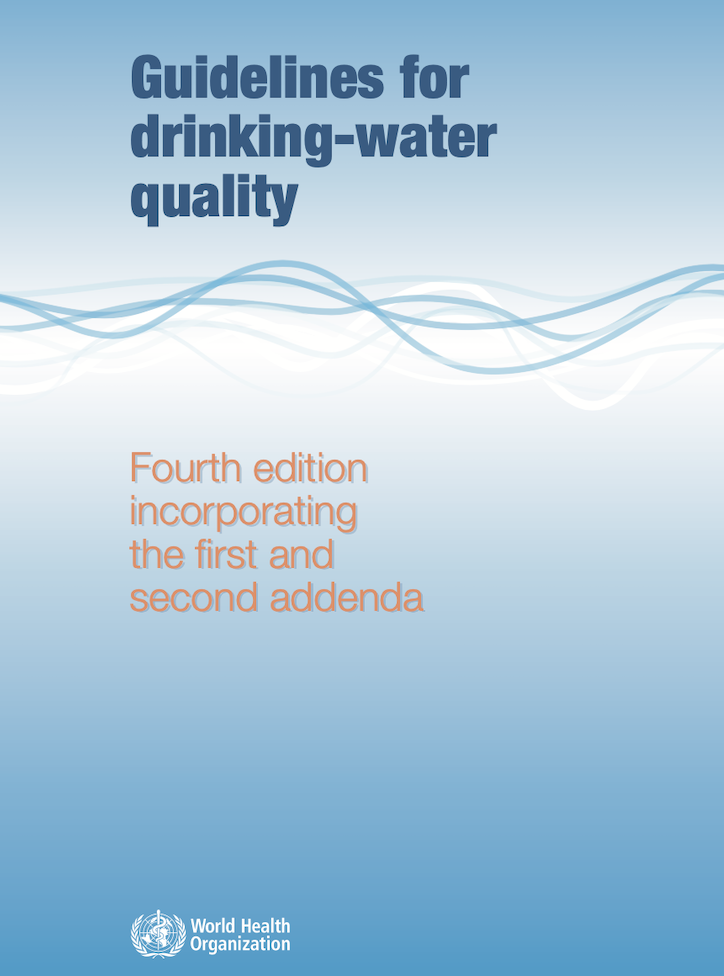
The vast majority of utilities in the Arab World still managed by governments and their respective water utilities. International organizations, consultants and financing banks tried over the last 20 years to promote privatization of water utilities with less support to private sector participation. This is mainly due to long-term policy related to taking out tariffs out of the hands of governments.
In order to distinguish between Private Sector Participation(PSP) and Privatization , the two terms were grouped into two categories or types and both belong to what so called “Public Private Partnership” (PPP). In the first type which represents Private Sector Participation(PSP), the ownership of the assets remains with the hands of governments or the public sector, whereas in the second type of categories, partial or full ownership is transferred (permanently or temporarily) to the private sector. Examples from the first type (PSP) includes micro PSP for collection of bills and reading of water meters, service contracts to operate desalination and wastewater treatment plants, management contracts for water utilities daily water supply and sanitation services, lease arrangements, etc.
The second type (Privatization) includes concessions, BOO (Build-Own-Operate), BOOT, and mixed companies.On the other hand, Privatization of water utilities and water infrastructure is a more complicated process with political and social risks. Privatization usually is a state decision rather than a utility one. Privatization requires change of laws in most of the cases.
Both typesof PPP considered as a means of enhancing efficiency or in other words reducing cost and financial losses. Privatization is also an important financial management tool in mobilizing private investment and expanding the resources available for other urgent urban infrastructure within fiscal budgets of governments.However, governments need to select project envisaged for privatization with less political sensitivity e.g. to keep away from privatization of the water networks or water supply sources.
Results and lessons learned worldwide about both types of PPP showed that PSP and
 sami-zawabi
sami-zawabi
 naael
naael
This is indeed very important article and we should do something about this issue ASAP.

